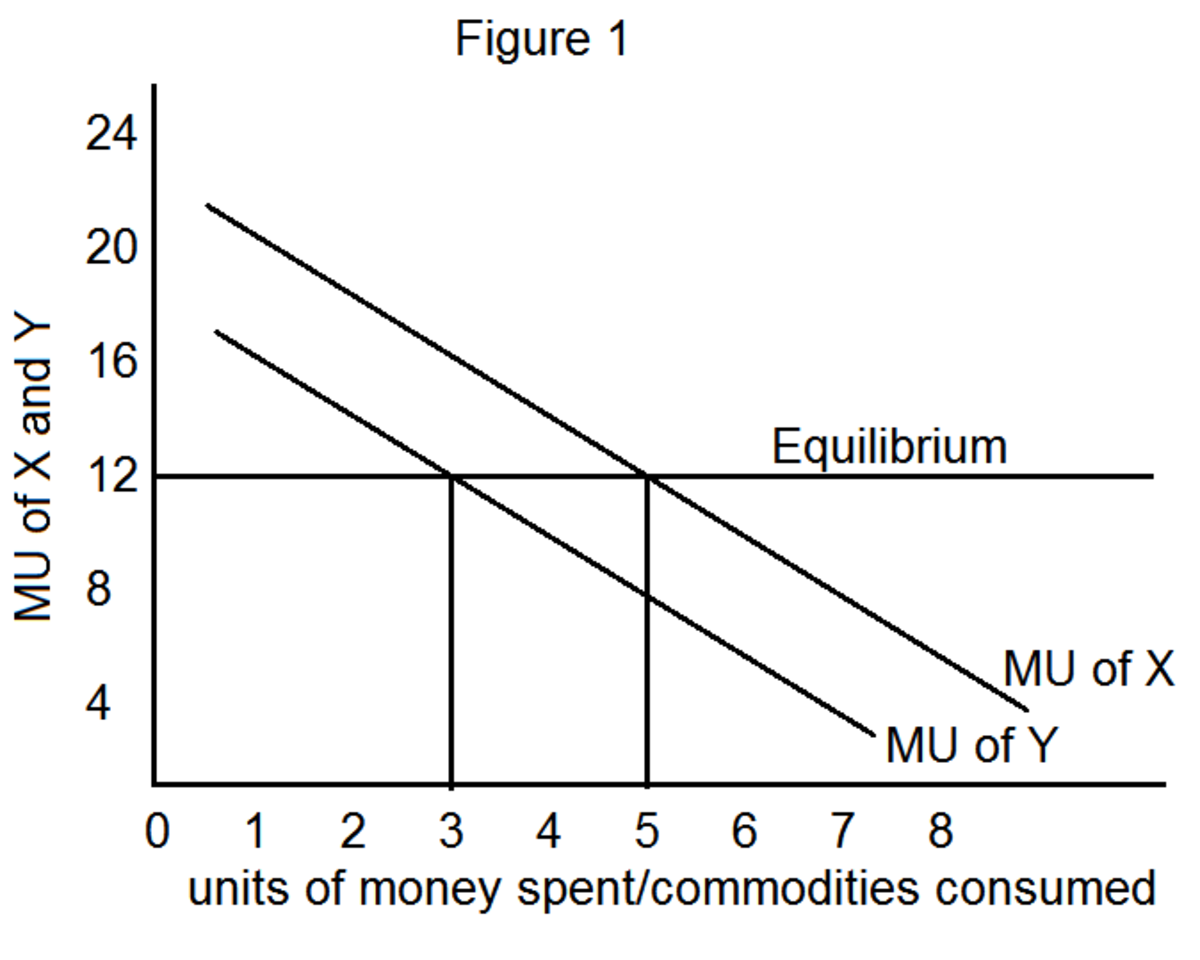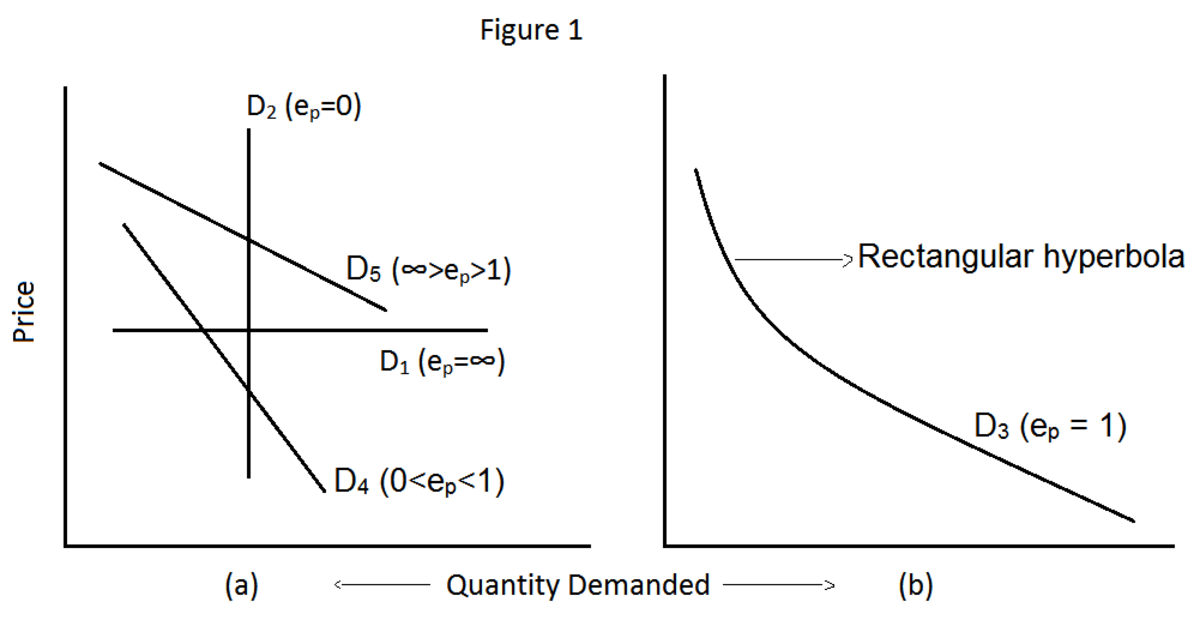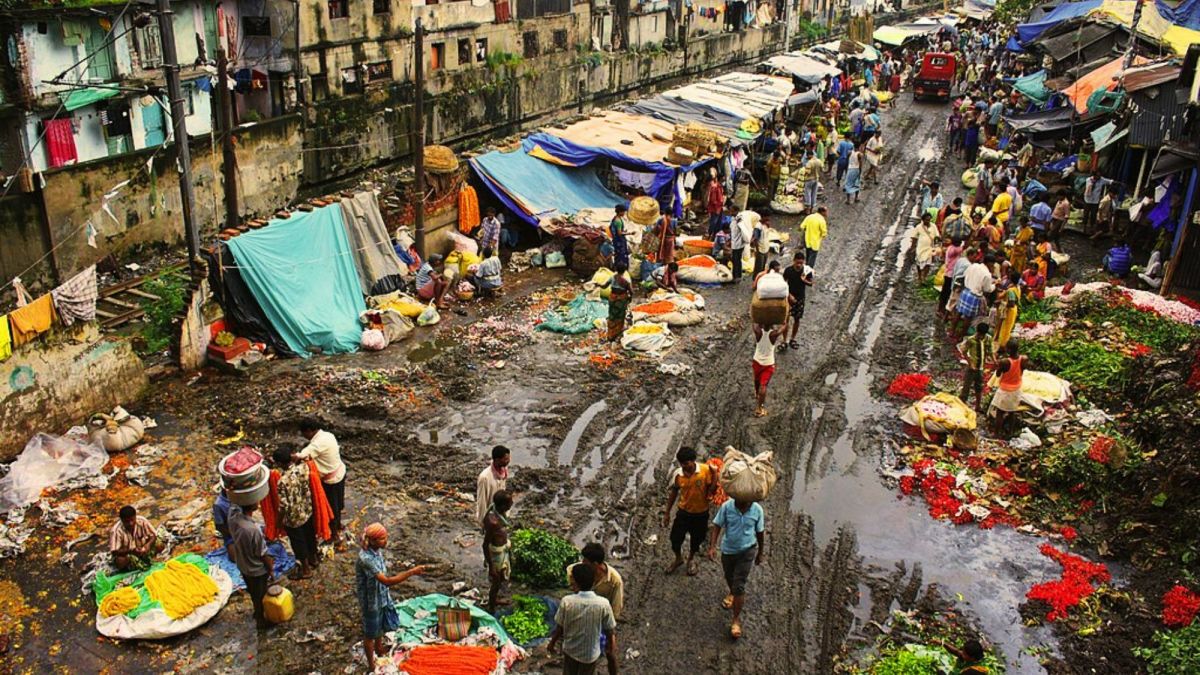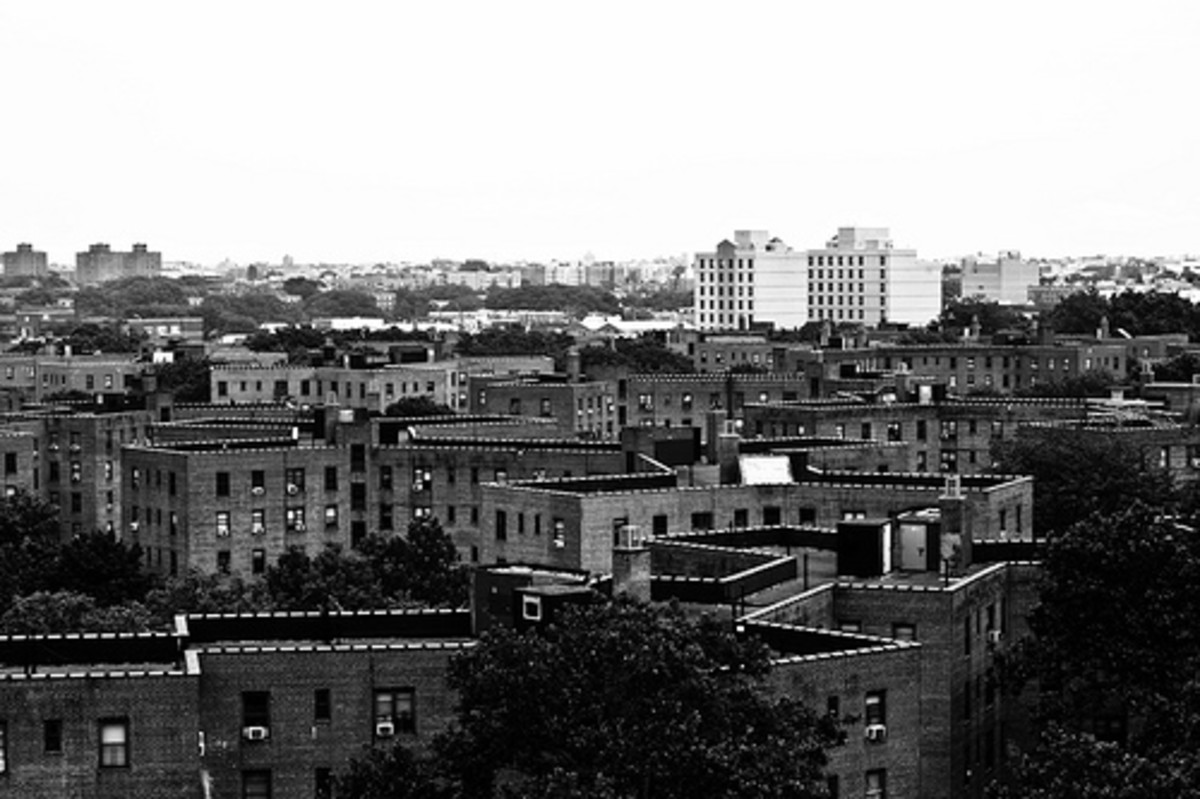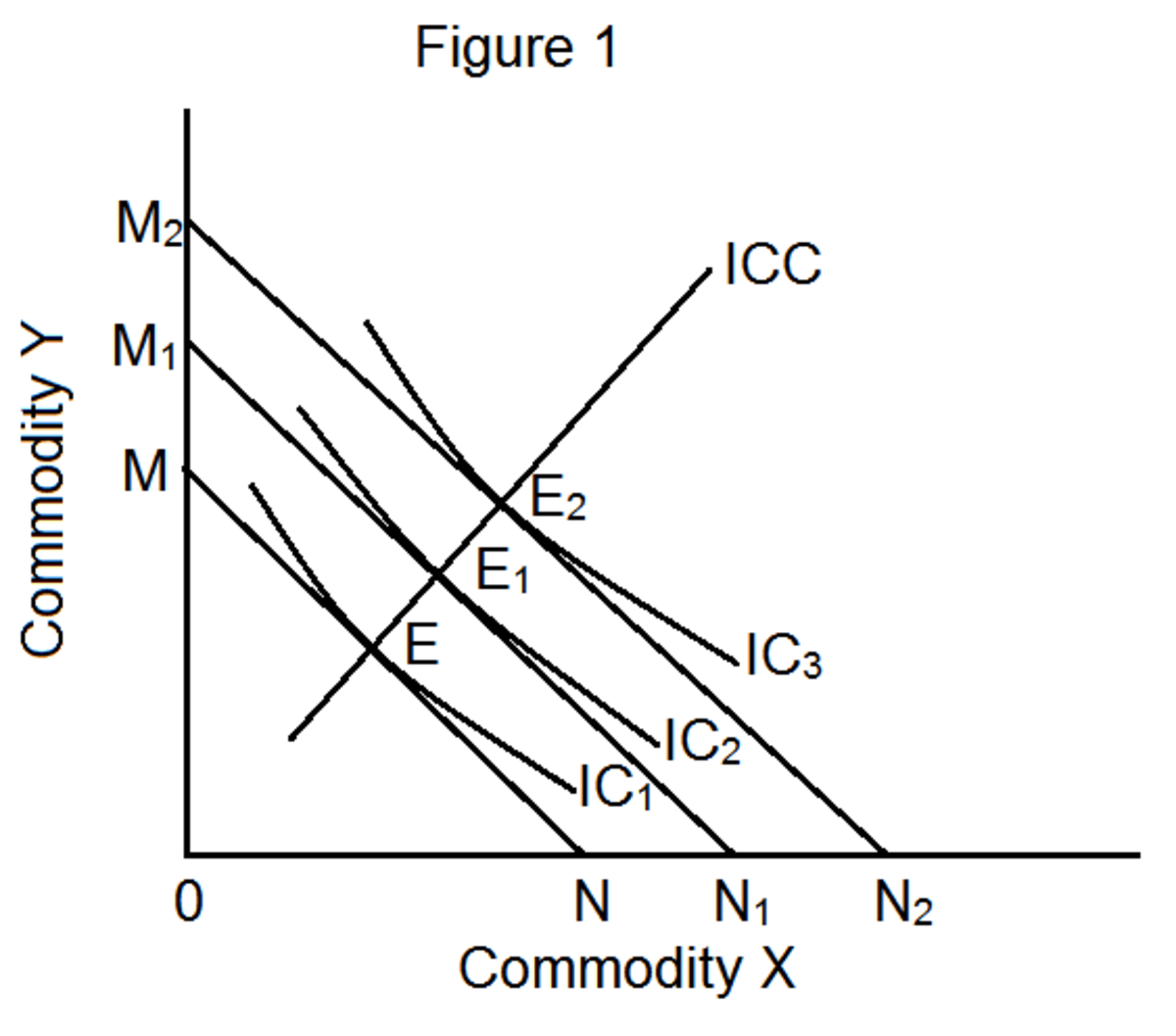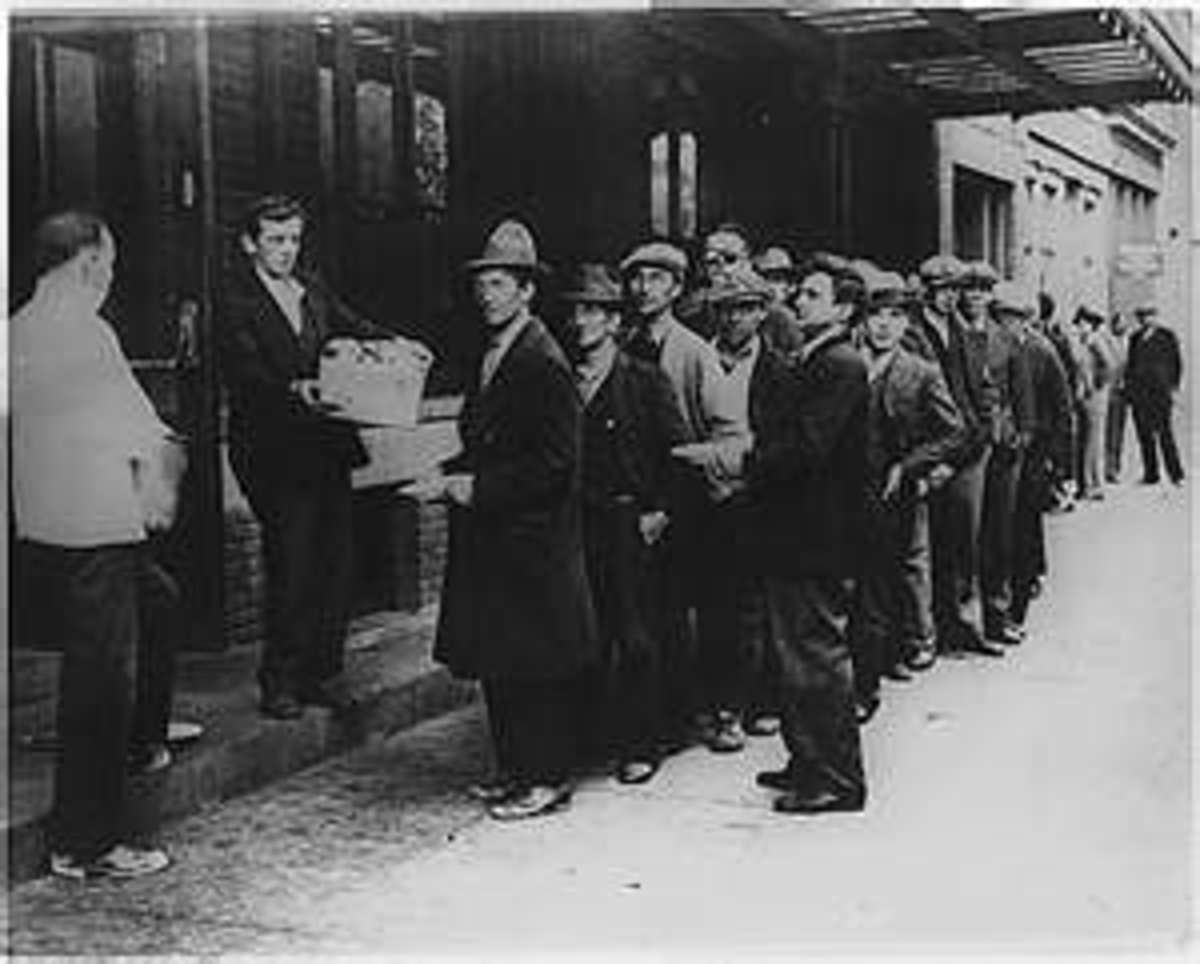Widening Gulf between Rich & Poor : Points Poverty Fighters Oughtn't to Miss
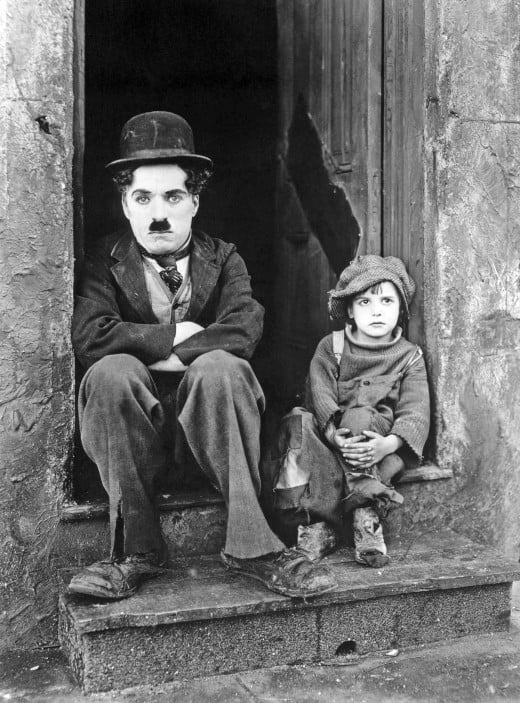
The photo above seems to be a visual representation of poverty, doesn't it ?
' Richest 1 percent bagged 82 percent of wealth created last year - poorest half of humanity got nothing ', runs a heading in the Oxfam International's latest report on global inequality.
This above citation reflects the grim reality we're living in today. It also shows why I'm justified to think humanity still happens to be way too uncivilised. Humanity must rid itself, if it wants to be civilised through and through, of economic inequality, the ignominious evil that is at the root of the greatest and gravest social injustice, i.e. the most disgusting and distressing fact that the fact that the poor and penniless millions, the 99%, who sweat blood to produce all wealth and luxuries but lead a hard and humble existence themselves throughout their life and sillily watch the rich and the super-rich few idlers, the 1%, to lead a fabulous lifestyle, were all born poor and penniless is NOT attributable to any faults or failings of theirs while the fact that the rich and the super-rich were all born rich and super-rich to exploit the born poor and penniless and thus grow richer and richer is NOT attributable to any noble acts or creditable achievements of theirs.
the ORIGIN of the EVIL
Contrary to what the silly believe, economic inequality doesn't owe its origin to qualitative distinctions between humans, between a Nobelist and a receptionist or between the work done by the skilled and that by the unskilled or less-skilled. It follows immediately from the thesis that money canNOT measure the WORTH of a commodity ( or, as Professor Robert J. Aumann, a Nobelist economist, puts it : ' the monetary value of an object does not measure its " intrinsic worth ", usually called its utility ' ). By ' WORTH ', the use-value or usefulness ( i.e. quality ) of a commodity is meant. A commodity has two sorts of values : use-value and exchange-value. By its definition, money is meant to measure the exchange-value alone.
The Price of a commodity is its exchange-value in money ( ' the monetary value ' ). And it's the market forces ( laws of supply and demand ) that determine commodity prices. The amount of profit the trading in a commodity yields depends on the gap between the supply of and the demand for it. When the supply outstrips the demand, the price of a commodity falls, and with it, the profit falls too— the more the gap between its supply and the demand for it grows, the less profit its sale yields, and when this gap exceeds a certain limit, the profit turns negative, which means the business is losing money. If the demand for a commodity outstrips its supply, its price moves upwards to make the trading in it more profitable, and the more the extent to which the demand outstrips the supply grows, the more lucrative the trading in such commodities turns. High-demand commodities sell like hot cakes to yield higher amounts of profit than low- and medium-demand commodities do. Consequent on this fact, people trading in high-demand commodities amass huge wealth while all those trading in low- and medium-demand commodities sillily watch them and blame all this on their fate. This explains why the concentration of wealth at one pole accompanied by the impoverishment of the multitude at the other leading to the division of society into the rich ( 1% ), the super-rich ( as few as around 80 ), and swarms of the poor and penniless reflects the fundamental law of the commodity economy ( market economy ).
Private property, inheritance, and the exploitation of the born poor by the born rich and the born super-rich certainly contribute a lot to widening the gulf between the rich and the poor and thus to the social division into classes on the basis of private wealth. As I see it, the class-ridden society is both the cause and the effect of itself. The fact is the poor and penniless millions were all born poor and penniless and thus had no other option than to consent to the wage slavery in industries and enterprises owned by the born rich and the born super-rich as well as state-owned enterprises, and thus not only do they perpetuate their pathetic plight, they also ensure thus the perpetuation of the social division into classes.
I think I've said enough to throw light on the origin of the evil of economic inequality and the basic factors contributing to it. You need not attend lengthy tiresome lectures of erudite economists on this topic, nor need you get yourself versed in prosaic, not-easy-to-understand theories in order to grasp these points.
The above discussion may be summarised as follows:
1. Economic inequality doesn't originate from the qualitative distinctions between humans or between the sorts of work they do.
2. Economic inequality reflects the fundamental law of the commodity economy.
3. The class-ridden society is both the cause and the effect of itself.
the REMEDY
Is there NO way out to get rid of the obnoxious evil that is economic inequality, the evil that makes millions worldwide come into the world as poor and penniless and stay poor and penniless throughout their life for NO faults of theirs ? No sensible human can help wracking their brain over this question. In order to find the right answer to it, you really need not turn to any Nobelists ( I'm doubtful about whether you'll find any Nobelists in today's world who know the answer ), nor need you be a dazzling genius. All you really need for this is just a clear concept of the origin of this evil and just as much talent as needed to comprehend something as simple as the arithmetic logic that two and two makes four.
The fact that economic inequality does NOT owe its origin to qualitative distinctions between humans or between the different types of work they do shows why it happens to be an obnoxious evil humanity must rid itself of if humanity wants to be civilised through and through.
The fact that economic inequality reflects the fundamental law of the commodity economy tells you that in order to get rid of this evil, you must get rid of money, markets, and commodities.
And the fact that classes based on private property are both the cause and the effect of themselves should awaken you to the fact that in order to get rid of these evils, you must abolish classes and hence private property.
But how ? How can we achieve these great goals ? The main limitations of anti-poverty fighters like the Oxfam International are that they do not enlighten people about the origin of the evil at issue, nor do they tell people how to get rid of this evil. I don't think these people are aware of or care about these issues. Nevertheless, I don't think finding the way of ridding humanity of this evil is too difficult for a sensible human of the space age who is aware of the origin of the evil.
Practicability of the Idea of a Poverty-Free Just World
There're many who'd refer to the dialectics of Nature and claim that the co-existence of plethora alongside of poverty and privation in society happens to be in complete harmony with laws of Nature and thus quite natural as society is an inseparable part of Nature. Nature houses both the flowering plants and the non-flowering plants, the mammalian and the non-mammalian, the warm-blooded creatures along with the cold-blooded creatures, and so on and so forth. Thus, by laws of Nature, there're, as there'll always be, the rich and the poor as well as the super-rich few alongside of the abjectly poor millions just as there's, and always there'll be, someone happiness personified beside an unhappy guy. And so, they claim what the anti-poverty fighters are aiming at runs counters to the Nature's design, which means they're all doomed to fail.
There'll always exist unhappiness alongside of happiness. It's, therefore, pointless to seek after happiness in life. Fine logic indeed ! Nevertheless, it's fallacious outright, and its fallacy becomes clear as day if we take cognisance of the fact that the co-existence of unhappiness beside happiness in life doesn't mean life is an ocean-full of unhappiness alone, nor does it mean seeking happiness in life is outright unlikely to make life less unhappy to an appreciable degree. There's, as there always will be, an incurable illness beside a curable one. But from this it doesn't follow that man's fight against cancer or AIDS is certain to prove futile. The small pox, once a deadly disease, as well as the cholera epidemic is a thing of the past today. True, unhappiness is inseparable from happiness. But then, it's also equally true that unhappiness in life is not due wholly to a certain illness or evil. Therefore, the existence of unhappiness in life doesn't mean a certain illness or evil is incurable or invincible. Thus, there's really NO good reason to believe that humanity will never succeed in ridding itself of such disgraceful sights as plethora alongside of pauperism.

